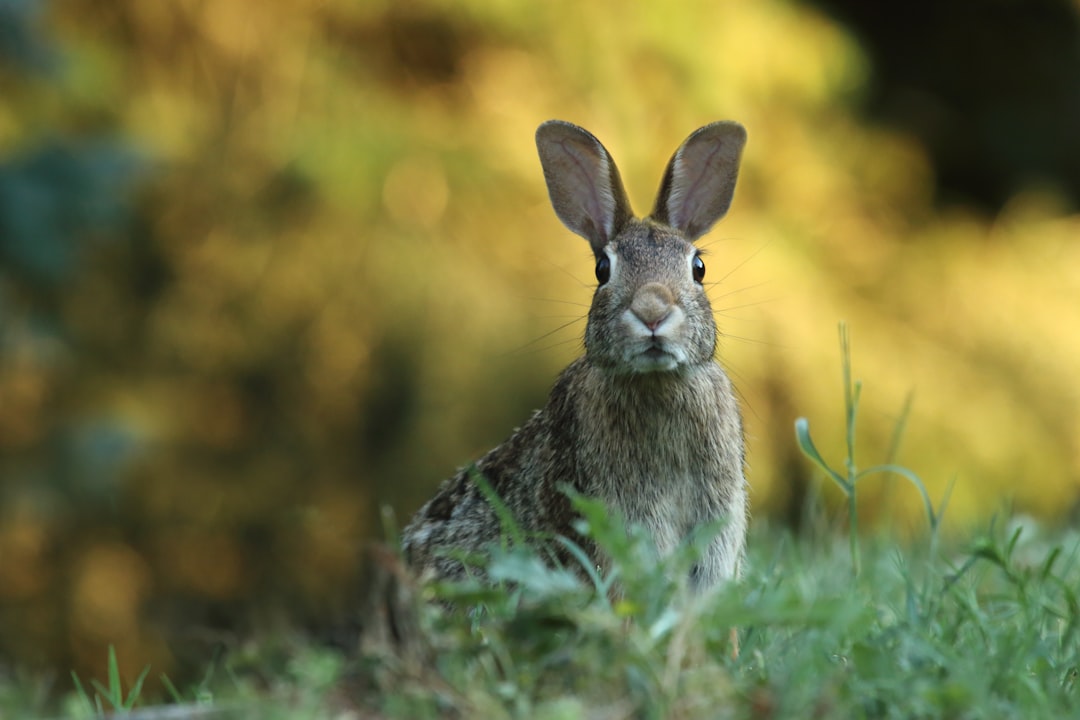Going Wild! Tackling the Biodiversity Crisis en Masse.
Saving the planet by rewilding gardens, parks, verges and ponds
LettsSafari’s founders pioneered rewilding for the masses. At the turn of the century when large scale conservationists were mostly trying to figure out how to rewild large national parks such as Yellowstone Park, our founders were trying to crack doing it on a small scale. You know, in gardens, small parks and verges. Everyone thought they were mad. Co…
Keep reading with a 7-day free trial
Subscribe to LettsSafari+ to keep reading this post and get 7 days of free access to the full post archives.




